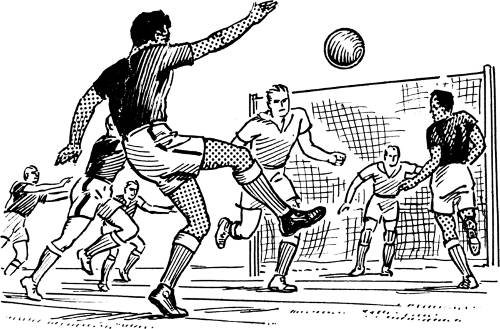
Rita A. Della Vecchia’s 1988 invention pets your dog while you’re at the office:
One of the primary elements of this relationship of man with domestic pets seems to be the scratching, stroking and petting of a pet that can be accomplished by its human symbiont by reason of his greater dexterity. … The instant invention provides a mechanical device to simulate this activity for pets without requiring human attention, with the thought that, by reason of the learned behavior of such animals, the animal will associate this activity, as to its source of origin, with its human symbiont.
Thanks to other inventors, you can offer the same treatment to your baby and even to yourself.




